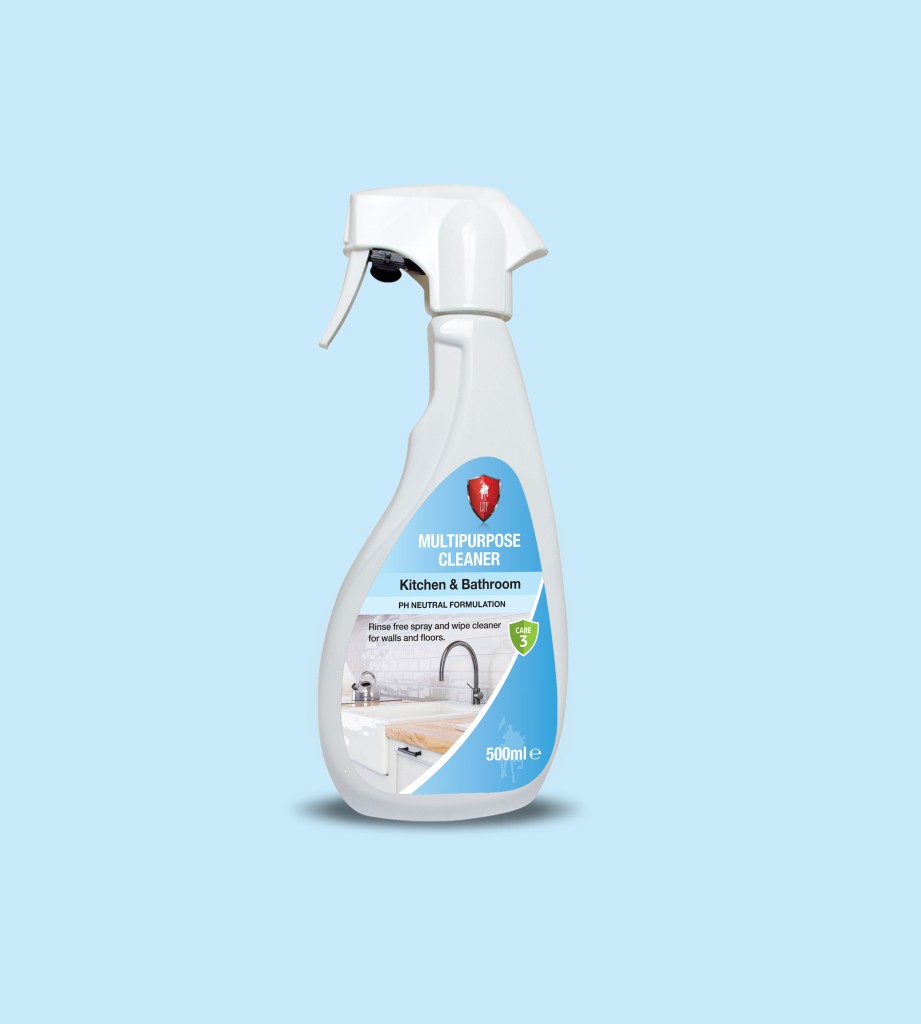
There’s nothing quite like a home-made recipe. Something passed down the generations, made from wholesome ingredients. But when it comes to old fashioned cleaning remedies, they can sometimes do more harm than good.
If, like us, you’ve seen lots of articles on deep cleaning, you may be tempted to try out some of the popular ‘cleaning hacks’. Many people are recommending mixtures of vinegar, soda crystals, bicarbonate of soda, water and lemon to make disinfectants, all-purpose cleaners and limescale removers. The problem is that lots of natural materials, like limestone and marble, are very sensitive to acid and alkaline. Vinegar and lemon are both very acidic – and soda has high alkaline levels. Both can erode or ‘eat away’ natural surfaces like stone floors, tiles, countertops and mosaics – and damage any protective sealer that’s been applied. These surfaces should always be cleaned with a gentle pH-neutral product.
It’s useful to think about the pH scale before choosing – or making – a cleaning product. Running from 0-14, anything that scores a 7 is considered neutral and safe to use on all surfaces. Anything below a 7 is considered acidic and anything above a 7 is considered alkaline. Acidic solutions are best at removing calcium, rust and other mineral ‘non-organic’ stains. Lemon and vinegar score around 3 on the pH-scale and toilet bowl cleaner is the most acidic, with a pH of 1-3. At the alkaline end of the scale, you’ll find bleach and many heavy-duty tile cleaners; they have a high pH value of 11-13 and are best at removing organic dirt, grease and oil.
Surprisingly, many ‘eco’ branded products can also cause damage to natural surfaces. Look closely at the label on a leading anti-bacterial all-purpose cleaner and it states that it isn’t suitable for natural stone because it is acid-based. It’s always worth reading the small print.
Another common misconception is that an extra dose of the right product will do an even better job. But this can actually create problems. Using a lower dilution may mean that a surface needs to be rinsed; if it isn’t, the residue may form a film on the surface, which could make future cleaning more difficult.
LTP’s range includes lots of different treatments for tackling specific jobs – and removing specific stains – as well all-purpose cleaners for use around the home. New products include LTP Multipurpose Cleaner – a gentle and effective pH neutral cleaner that’s ideal for kitchens and bathrooms. The new rinse-free treatment is safe to use on all types of natural stone – sealed, unsealed, polished and unpolished – as well as porcelain, ceramic, glass, stainless steel and chrome.

For more information and expert advice, please visit https://www.ltp-online.co.uk, or contact LTP on tel. 01823 666213 or email [email protected]



